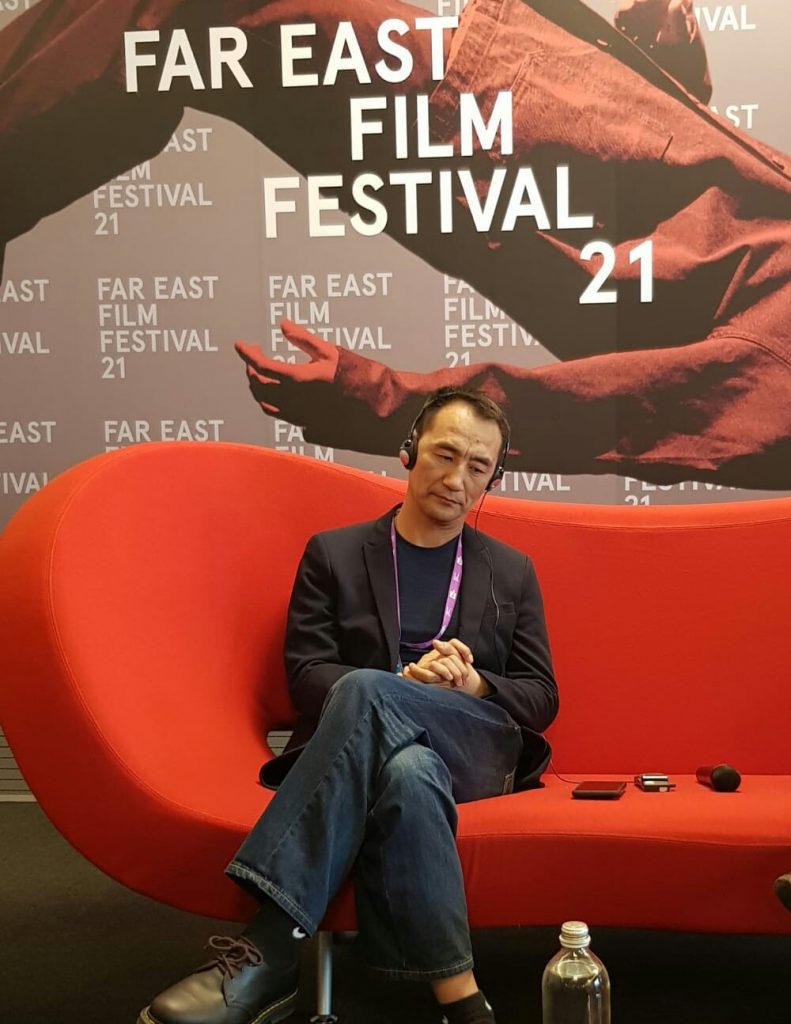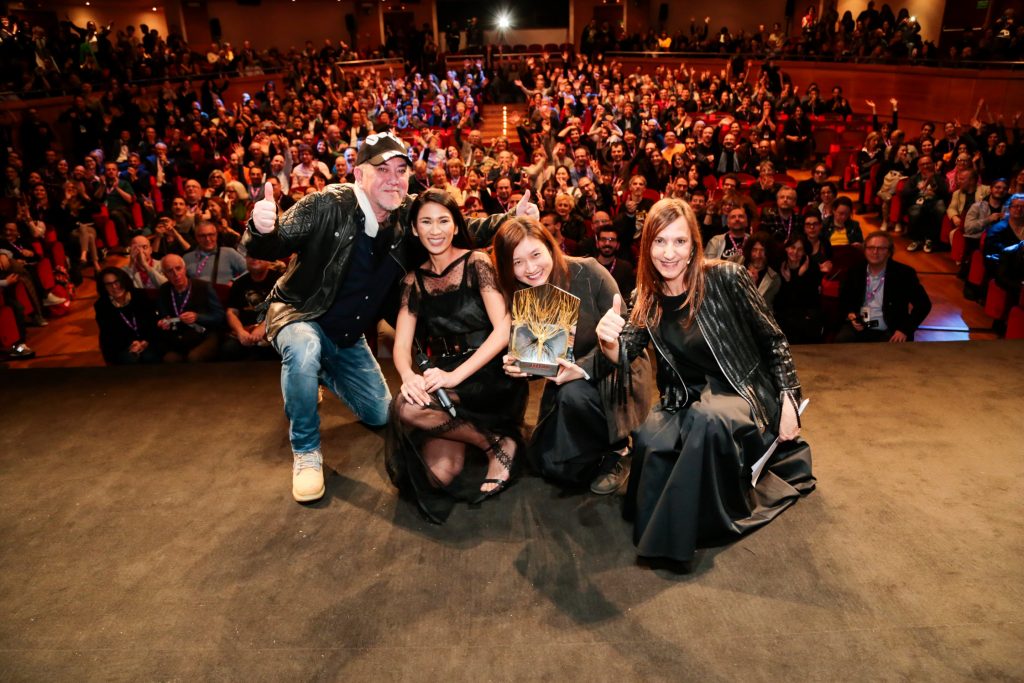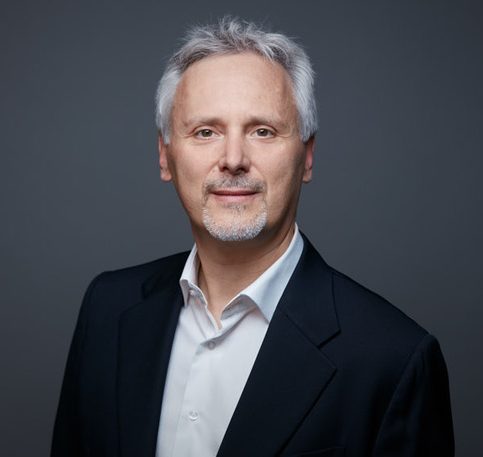There has been much talk over the past decade about the expansion of co-production between international filmmakers and those in China. It seems that despite all obstacles implied by working between such distant cultural and business environments, interest in such partnerships is still on the rise.
Max Wang, a film producer from mainland China, has been a pioneer in this field since the early 2000s. His name will be forever linked to box office hits such as Wolf Totem (2015), one of the best examples of successful co-production between Europe and China, and a film that collected more than US$125 million from the global box office.
Wang was invited to this year’s 21st edition of Udine’s Far East Film Festival (FEFF), where he spoke about the evolution of co-production with Asia and provided insights into his older and newer projects.
Wang started working on films by Western directors (such as Sergei Bodrov) way before the Chinese film market reached today’s astonishing dimensions and thoughts of the market’s evolution into the world’s second largest were still way off on the horizon.
“I had my first experience in this field in 2005, when I worked as a producer for the film Mongol: The Rise of Genghis Khan,” Wang explained. “It was a co-production with Russia. Since then, the global and Chinese perspective on co-productions has changed quite a lot”.
Mongol – which collected an estimated US$26 million globally – set an important precedent for cross-cultural filmmaking in the 2000s, and during the following years not only has the Chinese film industry been rapidly expanding, so too has the vision of people within it.
“Years ago, co-production was mostly seen as a way to access exotic locations, and one would come to Italy with a crew just to take shots of beautiful Italian landscapes and not much more,” said Wang. “But we must now approach these kinds of projects with a different mindset, focusing on the value of script and stories, as well as other key elements originating from the co-production partner’s country”.
According to Wang, Wolf Totem was a hit also because of the valuable source material (the novel by Jiang Rong) and how it was adapted to film. It was a combination of talents from two sides of the world that resulted in great success despite the cultural differences he and everyone else experienced while on set.
“China has been developing co-productions projects with Korea and India, but at the same time is looking forward to making films with Europe,” explained Wang. “As we’ve seen, foreign stories like Perfect Strangers [Paolo Genovese, 2016] can resonate with Chinese audience too. I’ve been doing co-productions for some years now, and I want to keep going, furthering collaboration between our countries. There hasn’t been a better time, also considering the present development of the new Silk Road and Yi Dai Yi Lu [the One Belt One Road project connecting business projects in Europe and Asia].”
As big China-US film projects seem to be slowing down – with exceptions such as Jon Turteltaub’s The Meg (2018) – the time could be truly right for exploring China-Europe co-production on a higher scale. Currently, Wang is working on Iron Sky: The Ark, the third installment in the Iron Sky universe, a co-production between China and Finland.
“The budget is around US$4 million and it’s a science fiction film that will fit both Chinese and foreign markets,” Wang said. “However, I didn’t want to make a genre film for the sake of it. I really think that the story can work. Investments are 80 percent Chinese and 20 percent foreign. I haven’t encountered many difficulties while looking for Finnish investors and talents such as the soundtrack composer, since today’s channels make things easier for everyone.”
As pointed out by Wang, the need for foreign talent and co-production with European or other countries goes hand in hand with the incredible growth of the Chinese film market, which by 2020 will become the largest in the world.
“I believe such a huge market could also make good use of talent from outside China, especially as for the post-production phase, in order to create the best visual and audio effects, like we’re going to do for Iron Sky,” he said. “This should be the core of the co-production process, so that we move away from older co-production models and go on to produce films suitable to both markets”.
Only time will tell us whether film industries in the East and West will reach a higher level of mutual understanding and cooperation, however, film producers will need to adopt a positive mindset and strongly practical attitude in order to make their projects work.
“Right now, there is still a certain cultural gap and we may not be able to perfectly understand each other, but things are changing,” said Wang. “Besides, countries like China and Italy are closer than it seems. I always welcome talent from Europe to make great movies together”.
– This is the second in a series of stories about the 21st Far East Film Festival, which took place from April 26 – May 4 in Udine, Italy. Lorenzo Teli attended the Far East Film Festival’s Campus programme which promotes cultural exchanges and shared education between young writers from Asia and Europe.








